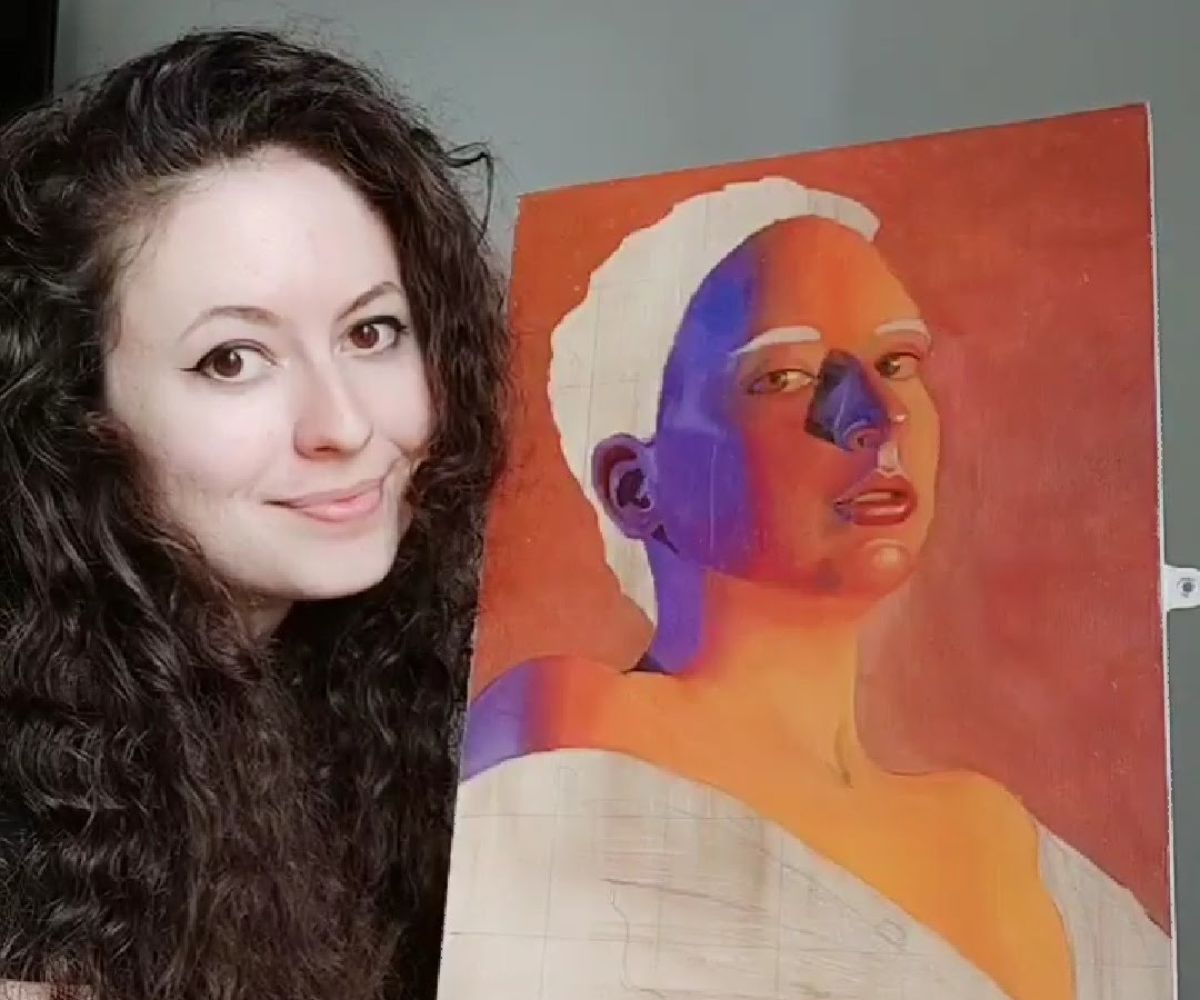2:2honours degree
A minimum of a 2:2 honours degree, or the equivalent, in an appropriate discipline is required (for example, Creative Writing; English Literature; English Language; Drama; Theatre Studies; Communication Studies; Cultural Studies; Film Studies; Journalism; Professional Writing). Applicants with lower qualifications, a degree in another discipline or appropriate relevant experience should contact the programme leader for advice.
Admission to the course is subject to an acceptable entry qualification profile and in some instances, a sample of creative writing (fiction) and an interview.
In your personal statement on the application form, please give details of the fiction you have written (including any publications), what (if any) fiction-related events you have attended (e.g. workshops, readings), which fiction writers you particularly admire and why, and why you would like to do our MA.
A sample of your fiction may be requested (c. 15 pages of flashes, a short story, or an extract of a longer fictional prose piece).
2:2honours degree
A minimum of a 2:2 honours degree, or the equivalent, in an appropriate discipline is required (for example, Creative Writing; English Literature; English Language; Drama; Theatre Studies; Communication Studies; Cultural Studies; Film Studies; Journalism; Professional Writing). Applicants with lower qualifications, a degree in another discipline or appropriate relevant experience should contact the programme leader for advice.
Admission to the course is subject to an acceptable entry qualification profile, a sample of creative writing (fiction), and in some instances an interview.
In your personal statement on the application form, please give details of the fiction you have written (including any publications), what (if any) fiction-related events you have attended (e.g. workshops, readings), which fiction writers you particularly admire and why, and why you would like to do our MA.
When applying, please upload a sample of your fiction (c. 15 pages of flashes, a short story, or an extract of a longer fictional prose piece).
English Language Requirements
For more information on our English Language requirements, please visit International Entry Requirements.









